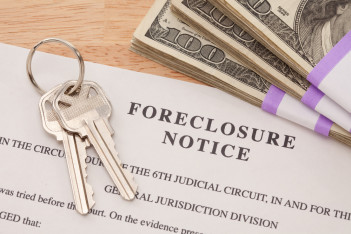Stopping Wage Garnishments Through Court
Continuous wage garnishments can significantly impact your financial situation. If you believe such garnishments are unlawful or excessive, an attorney can help stop them through legal action. Our wage garnishment termination service includes comprehensive measures to legally protect your income.
What's Included in Wage Garnishment Termination Service
Legal assistance for stopping garnishments covers:
- Case analysis and review of garnishment documents;
- Verification of garnishment legality (proper court order, notification);
- Preparation of court motions to cancel/stop wage garnishment;
- Court representation;
- Negotiations with collectors or employer;
- Legal processing of garnishment termination orders.
In more complex cases, the service may include bankruptcy filing (for multiple debts or collection cases) to stop all active garnishments.
Why Hire a Lawyer to Stop Wage Garnishments
Court-ordered garnishment termination requires strict procedural compliance. DIY petitions or collector negotiations without legal support often fail. An attorney will:
- Assess creditor actions' legality;
- Quickly prepare necessary documents;
- Ensure court deadlines are met;
- Reduce risk of further garnishments or sanctions.
Specialists also help avoid overpayments or duplicate collections due to errors in court orders.
Conditions for Stopping Wage Garnishment
Garnishment termination is possible when:
- Amount exceeds legal limits (e.g., over 25% of disposable income);
- Debtor wasn't properly notified;
- Debt was fully paid but garnishments continue;
- You face financial hardship qualifying for reduction/termination;
- You filed for bankruptcy (requiring automatic garnishment stop).
An attorney can analyze your specific case and determine the optimal termination approach - judicial or administrative.
Attorney's Role in Wage Garnishment Cases
Attorneys perform key functions:
- Advise on rights and options;
- Gather evidence proving garnishment illegality/excessiveness;
- Prepare/file motion to terminate garnishment;
- Defend you in court or creditor negotiations;
- Enforce court orders stopping garnishments.
Additionally, attorneys ensure garnishments aren't unlawfully reinstated.
Consulting an attorney helps protect your income, restore financial stability, and stop unlawful creditor actions.



































